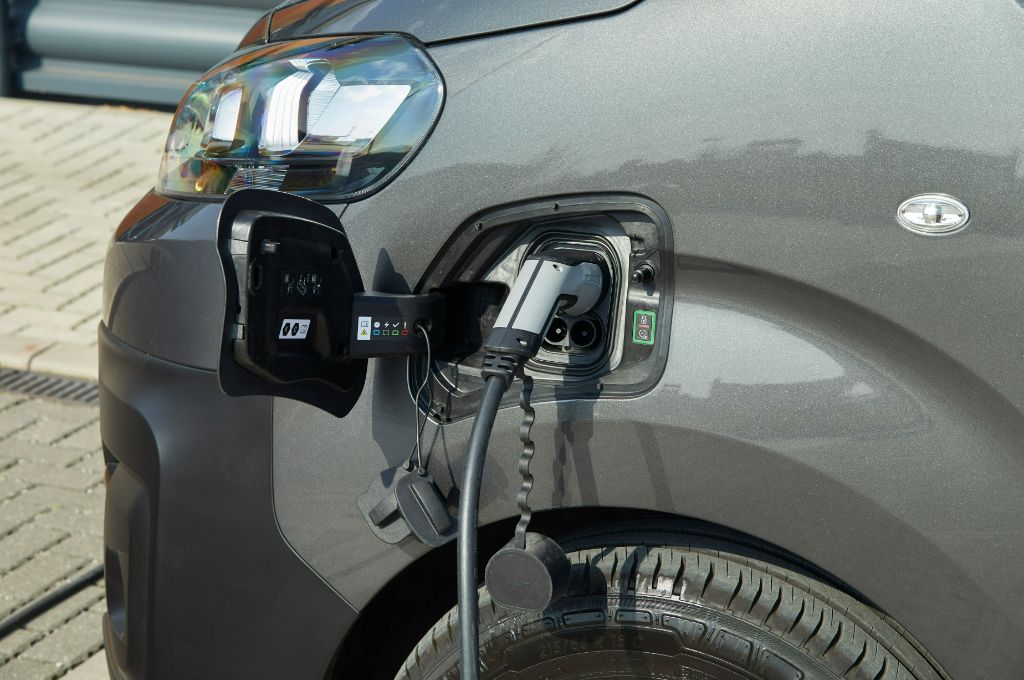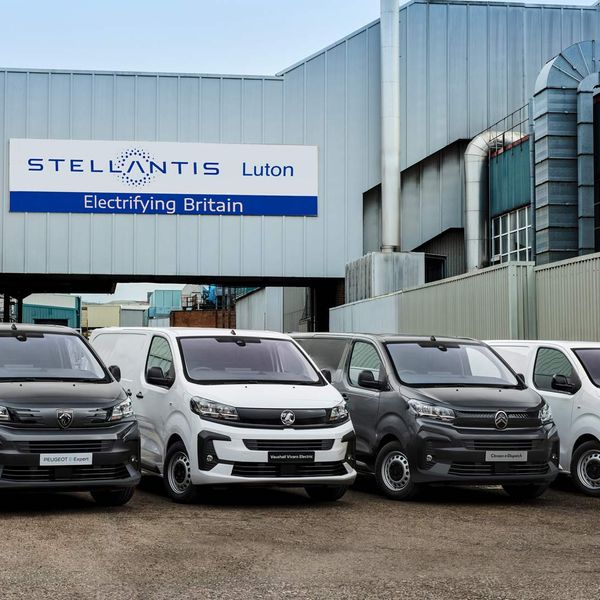Just like with electric cars, the government is keen for van drivers to swap to electric and offers incentives to make it happen.
However it’s a little more generous with commercial vehicles, with grants which depend on the size of van you are buying. To qualify, the vehicles need to have low official CO2 emissions figures (50g/km or less) and a range of at least 60 miles for full electric vehicles.
Because of this, the official list could include some Plug-in Hybrid Electric Vehicles – but be careful as these might not be permitted in future zero-emission zones.
You can claim a total of 1,000 plug-in van and truck grants for your business or organisation each year. This limit resets every year on 1 April. That's not likely to be an issue for you unless you're called Mr A. Mazon or Roy L Mail.
There are also other benefits, such as exemption from the Vehicle Excise Duty (VED), which is also known as road tax. Bear in mind this is due to end in April 2025 however, and the EVs will revert to the same rate as other commercial vehicles.
However, entirely electric van fleets will receive a 40% discount on Benefit-in-Kind taxes when the vehicle is made available for private use by employees.
There are also benefits in London’s Ultra Low Emission Zone and congestion charge too, until this benefit expires in 2025. This could save £27.50 per day per vehicle compared to an older diesel van.
Other cities including Birmingham, Manchester, Bristol, Bath and Oxford have either already introduced similar charges or are considering it.
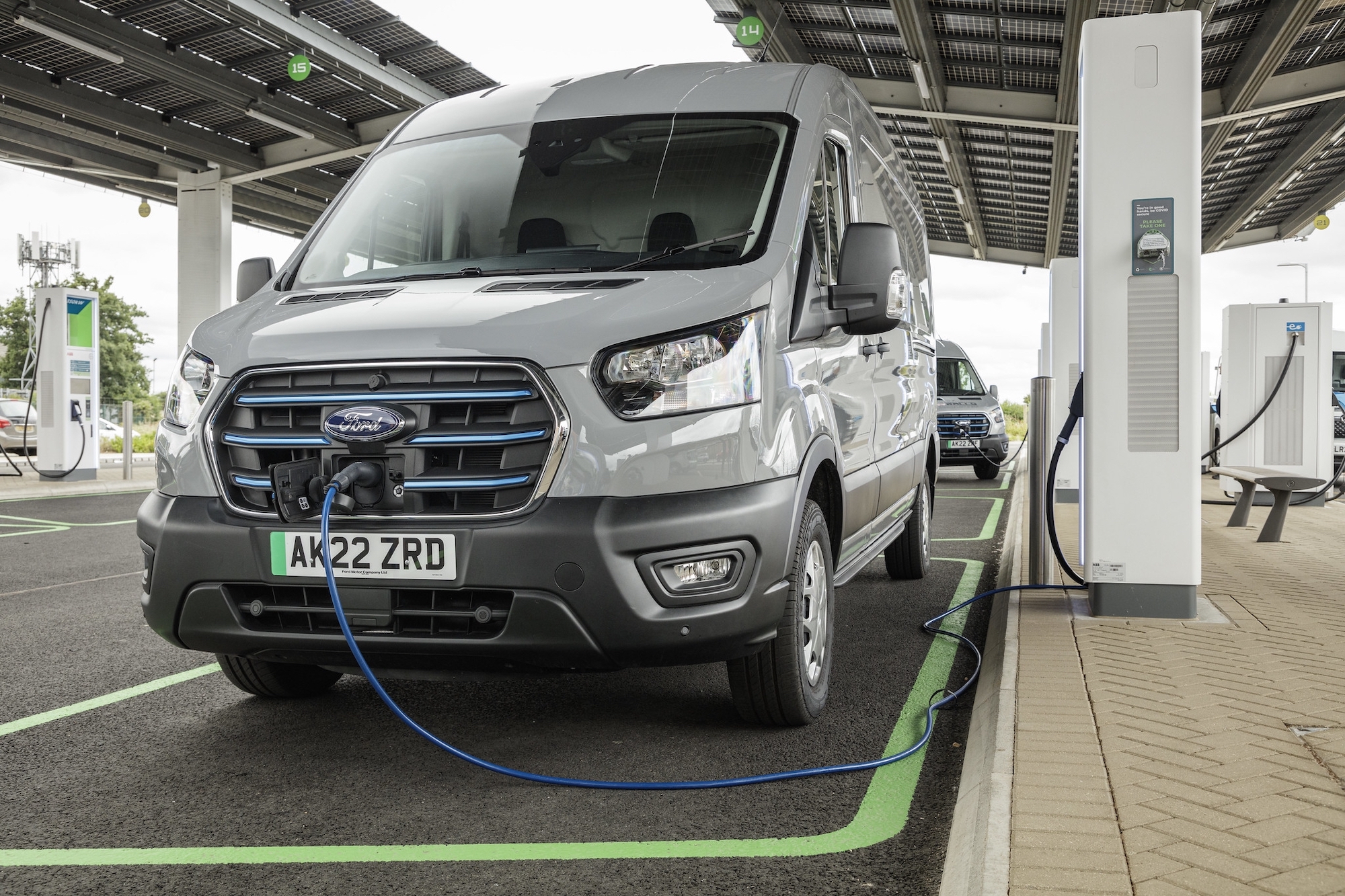
Small van grants
The maximum discount available for most small vans is £2,500.
To be eligible for a grant, the vehicle must:
be less than 2,500 kilograms (kg) gross vehicle weight
have CO2 emissions of less than 50g/km
be able to travel at least 96km (60 miles) without any emissions
The eligible vehicles are currently these:
Citroën e-Berlingo
Fiat e-Doblo
Maxus eDeliver 3 (short wheel base variants)
Mercedes eCitan
Nextem Orca
Nissan Townstar
Nissan Voltia
Peugeot e-Partner
Renault Kangoo E-Tech
Toyota Proace City Electric
Vauxhall Combo-e
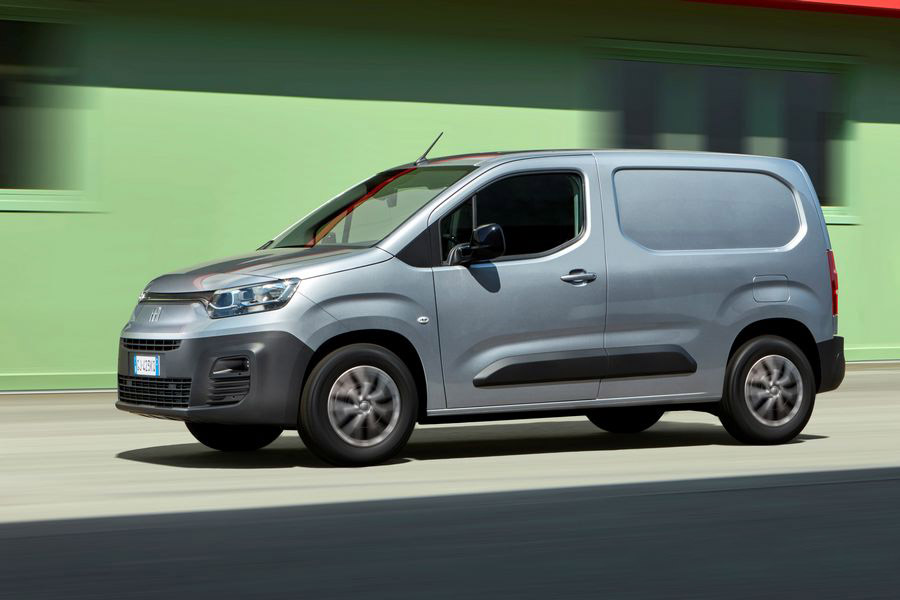
Large vans
The maximum discount available for some large vans is £5,000.
To be eligible for a grant, the vehicle must:
be between 2,500kg and 4,250kg gross vehicle weight
have the same emissions/range requirements of the small vans
The eligible vehicles are:
BD Auto eTraffic
BD e-Boxer
BD e-Ducato
BD e-Relay
Citroën e-Dispatch
Citroën e-Relay
DFSK EC31
DFSK EC35
Fiat e-Ducato
Fiat E-Scudo
Ford E-Transit (Leader)
Ford E-Transit (Trend)
Ford E-Transit Custom (Limited)
Ford E-Transit Custom (MS-RT)
Ford E-Transit Custom (Sport)
Ford E-Transit Custom (Trend)
Iveco eDaily
LEVC VN5
MAN eTGE
Maxus eDeliver 3
Maxus eDeliver 3 LWB Chassis Cab
Maxus eDeliver 7
Maxus eDeliver 9
Maxus eDeliver 9 MC L3 Chassis Cab
Maxus eDeliver 9 LC L4 Chassis Cab
Maxus T90
Mercedes-Benz eVito
Mercedes-Benz eVito Premium
Mercedes-Benz eVito Progressive
Mercedes eSprinter
Nissan Townstar Crew Van
Nissan Townstar L2
Peugeot e-Boxer
Peugeot e-Expert
Promod L City
Renault Trucks Master ZE
Toyota Proace Electric
Vauxhall Vivaro-e
Volkswagen ID. Buzz Cargo Commerce
Volkswagen ID. Buzz Cargo Commerce Plus
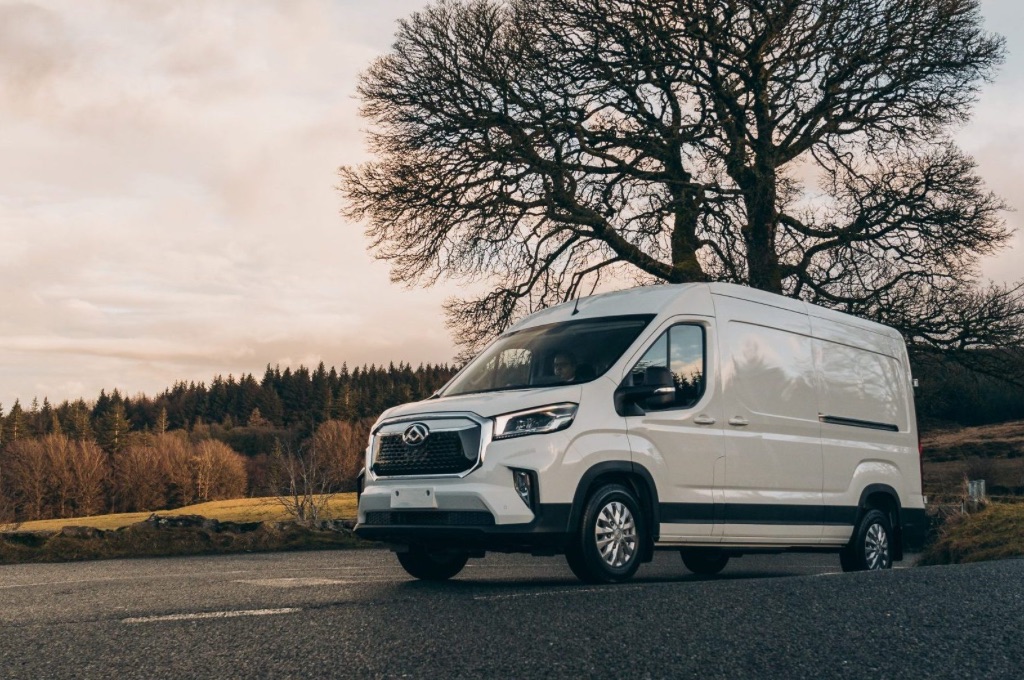
Workplace Charging Scheme Grants
Businesses are also able to apply for the Workplace Charging Scheme to help with the cost of installing chargers at their premises – however, it is due to end on 31st March 2025.
The scheme covers up to 75% of the total costs of the purchase and installation of EV chargepoints (including VAT), but is capped at a maximum of £350 per socket and 40 sockets across all sites per applicant. For example, if you want to install points at 40 sites, you will have only by allowed a grant on one socket per site.
It is open to eligible businesses, charities, public sector organisations and small accommodation businesses such as hotels and B&Bs.
If you're a business, your chargepoints can only be used by your staff, but you can allow local residents to use outside of office hours when they will not typically be used by your staff or fleet vehicles.
If you're a public authority, charity or small accommodation business, there is no restriction on who may use the parking.
Employers can also install chargepoints at employee’s homes for company vehicles where the employee cannot charge their vehicle at work.
The charging stations must be fitted by an Office for Low Emission Vehicles (OLEV) approved installer.
